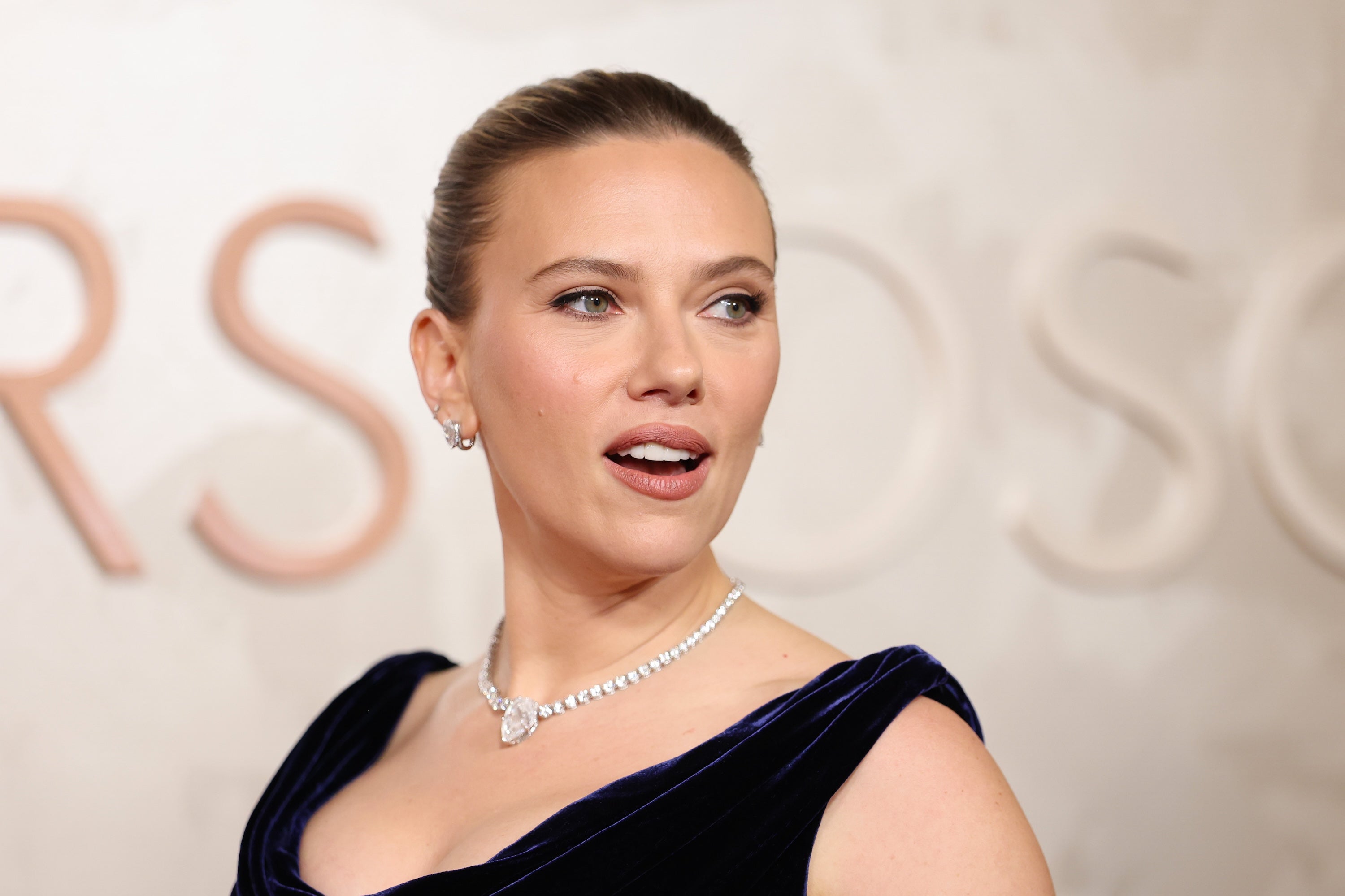ARTICLE AD BOX
Jamie Lee Curtis has publicly asked Facebook founder Mark Zuckerberg to take down an AI video using her likeness after she became the latest celebrity to have her identity appropriated online.
The 66-year-old actor, known for her performances in True Lies and Everything Everywhere All at Once, wrote to the Meta CEO, 40, via Facebook on Monday (12 May) after struggling to contact his team.
“I have gone through every proper channel to ask you and your team to take down this totally AI fake commercial for some bulls*** that I didn't authorise, agree to or endorse,” Curtis wrote on her official page.
The Freaky Friday star continued: “If I have a brand besides being an actor and author it is that I am known for telling the truth and saying it like it is and for having integrity.”
Curtis explained that snippets of an interview she had given to US TV host Stephanie Ruhle in the wake of the Los Angeles fires in January had been edited and repackaged to sell products.
“Fake words put in my mouth diminishes my opportunities to actually speak my truth,” she said. “I've been told that if I ask you directly, maybe you will encourage your team to police it and remove it. I long ago deleted Twitter, so this is the only way I can think of reaching you.”
Just two hours after Curtis shared the post, the video was removed from all Meta sites. A spokesman from the corporation confirmed that the adverts the star referred to had indeed violated their policies.
.png)
“It worked! Yay Internet! Shame has its value!” Curtis wrote.
Prior to reaching out to Zuckerberg via Facebook, the actor revealed that even her lawyers and social media teams had been unable to get the adverts taken down by Meta.
“How is this possible?” she asked. “Just think about the threat of this, forgetting my ‘career’ but politicians or public servants saying things that they aren’t saying. It’s like the wild wild West.”
Curtis is the latest of many high profile celebrities to have had their likenesses stolen in recent months.
Taylor Swift publicly endorsed Kamala Harris in the US presidential election last September after AI-generated content shared by Donald Trump suggested she had endorsed him instead.
Last May, Scarlett Johansson complained after Chat GPT used an alarmingly similar voice to her own to speak to users after she declined to voice a project for them the year before.
“I was shocked, angered and in disbelief,” the actor said. OpenAI has repeatedly denied that the voice was intended to imitate Johansson.

In February, Johansson’s likeness was stolen for a second time when an AI video was released, featuring her, Adam Sandler, David Schwimmer, Lisa Kudrow, Sacha Baron Cohen, Jack Black and Jake Gyllenhaal, all condemning antisemitic comments made by the rapper Kanye West.
“I am a Jewish woman who has no tolerance for antisemitism or hate speech of any kind. But I also firmly believe that the potential for hate speech multiplied by AI is a far greater threat than any one person who takes accountability for it,” she said.
“I have unfortunately been a very public victim of AI, but the truth is that the threat of AI affects each and every one of us.”
California Governor Gavin Newsom has backed legislation to protect Hollywood actors and creatives from unauthorised use of AI. However, Trump’s return to the White House for a second term triggered concerns that US legislation on AI-generated images could regress.



-copy.jpeg?trim=0,0,0,0&width=1200&height=800&crop=1200:800)





 English (US) ·
English (US) ·